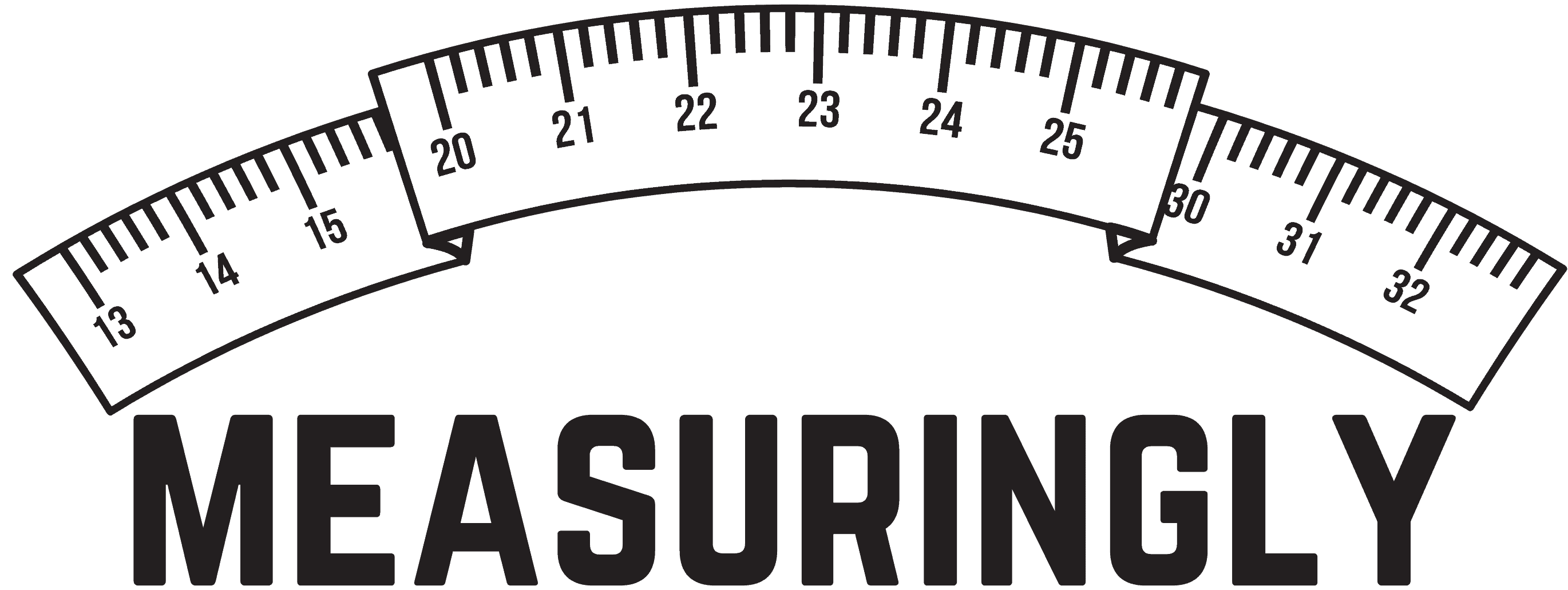Socks are essential to our wardrobe, keeping our feet cozy and comfortable. As simple as they may appear, have you ever wondered how much a sock might weigh? You’re in for an interesting discussion that will delve into sock weights, so let’s begin!
Before we look into the specifics, it’s important to remember that socks come in various types, sizes, and materials. Factors such as material, size, and type will directly affect the weight of a sock.
So, there isn’t a one-size-fits-all answer to how much a sock weighs. Keep reading, as we’ll explore these factors in detail to give you a satisfactory answer to your question.
Read: How Much Do Sweatpants Weigh? (Cotton & Polyester)
Infant socks weigh 10-20 grams (0.35-0.7 ounces) per pair. The average weight of a pair of kids socks ranges from 20-40 grams (0.7-1.4 ounces). The average weight of an adult sock varies greatly, ranging from 30-80 grams (1-2.8 ounces) per pair.
Measuringly.com
Standard Weights of Different Socks

Infant Socks
When shopping for infant socks, you’ll find they’re typically lighter than socks for older children or adults. Infant socks weigh 10-20 grams (0.35-0.7 ounces) per pair.
Kids Socks
As kids grow, so do their socks! Kids socks usually weigh more than infant socks but less than adult socks. The average weight of a pair of kids socks ranges from 20-40 grams (0.7-1.4 ounces). Remember to consider the type of socks your child needs, such as athletic or dress socks, as these can also influence the weight.
Adult Socks
Finally, adult socks come in a wide variety of styles and weights. The average weight of an adult sock varies greatly, ranging from 30-80 grams (1-2.8 ounces) per pair. Here are some examples of different types of adult socks and their approximate weights:
- Ankle socks: 30-50 grams (1-1.7 ounces)
- Crew socks: 40-60 grams (1.4-2.1 ounces)
- Knee-high socks: 50-80 grams (1.7-2.8 ounces)
As you can see, many factors can influence the weight of socks across all age groups.
Factors Affecting the Weight of a Sock

In this section, we will discuss the factors affecting the weight of a sock. These factors can be broken down into three main sub-categories: material, size, and type.
Material
The material used to make a sock plays a significant role in determining its weight. There are various materials to choose from, each impacting the overall weight. Some common materials and their relative weights are:
- Cotton: Cotton is lightweight and breathable, making cotton socks relatively light.
- Wool: Wool socks tend to be heavier due to the nature of the material, providing extra warmth and cushioning.
- Synthetic materials: Materials like polyester, nylon, and spandex can be lighter or heavier depending on the blend and application.
Size
Sock size directly impacts weight. Larger sizes require more material, resulting in a heavier sock. Adult socks come in small, medium, and large, with larger sizes weighing more. Children’s and baby socks are lighter due to their smaller size. Here’s an estimated weight range by size:
| Size | Weight |
|---|---|
| Small | 20-40g |
| Medium | 30-50g |
| Large | 40-60g |
Note that these weights can vary depending on the material and type of sock.
Type
Lastly, the type of sock affects its weight. There are various types of socks, and each serves a different purpose. Some sock types and their typical weights are:

- No-show socks: These lightweight socks are designed to be invisible when worn with shoes and weigh less than others.
- Ankle socks: Ankle socks are commonly used for casual and athletic wear but are slightly heavier than no-show socks but still reasonably light.
- Crew socks: Crew socks are generally heavier due to the extra material used for their calf-length design.
- Knee-high socks: As the name suggests, these socks cover up to your knee, which means they use more material and weigh more than shorter varieties.
Remember that these are generalizations, and the actual weight of a sock can vary depending on its specific design, material, and size.
How Sock Weight Affects Comfort?
When shopping for socks, sock weight is crucial in determining overall comfort. But how does the weight of a sock affect how comfortable it is? Let’s explore that in this section.

Firstly, sock weight refers to the thickness and cushioning of the fabric. Heavier socks generally provide more cushioning and insulation, while lighter-weight socks are thinner and more breathable. Depending on your needs, you may prefer one over the other.
Heavier socks are ideal for:
- Cold weather activities
- Hiking and outdoor adventures
- Working in heavy-duty boots or shoes
On the other hand, lighter socks are better suited for:
- Warm weather and indoor activities
- Running, sports, and aerobic exercise
- Casual or dress shoes with limited space
Considering the benefits of heavier and lighter socks, choosing the right weight for your needs is essential. Wearing too heavy or light socks can lead to discomfort, blisters, and irritation, which nobody wants.
In addition to the sock weight, material is another factor that affects comfort. Here’s a brief overview of some common sock materials and their properties:
- Cotton: soft, comfortable, and reasonably durable
- Wool: warm, moisture-wicking, and odor-resistant
- Synthetic materials (e.g., polyester, nylon): moisture-wicking, quick-drying, and durable
- Blends (e.g., cotton and polyester): combines the advantages of different materials
How Much Do Socks Cost?
Shopping for socks can be quite a simple task or a more complicated endeavor, depending on your preferences and needs. When browsing through socks, you will notice that prices can vary, often depending on the brand, material, and style.
Cotton socks are a popular choice due to their breathability and comfort. Depending on the quantity and brand, you can find a pack of basic cotton socks for around $5 to $15. These are perfectly suitable for everyday wear.
Read: How Much Does 1 Cup of Peanut Butter Weigh? (Size, Weight & Calories)
The price will likely be higher if you prefer premium materials, like merino wool or bamboo. You might end up paying between $10 and $20 for a single pair of higher-quality socks. These materials offer added benefits, like better moisture management, odor resistance, and thermal regulation.
Different styles of socks can also impact the cost. No-show or ankle socks usually come cheaper, while crew or knee-high socks might be more expensive. Specialty socks like compression, sports, or hiking socks can be pricier as they are explicitly designed for specific activities and include additional features.
Investing in comfortable, durable socks that serve your purpose is essential for foot health and overall comfort. Always consider your budget and preferences when it comes to making your decision. So, don’t be afraid to shop around, compare prices, and choose the socks that suit you best.
Next time you shop for socks, pay attention to the sock weight and materials to ensure you find the most comfortable pair.







